Hey there! Ever wondered why you're not getting the best sleep or why your room just doesn't feel as relaxing as it should?
From cluttered corners to awkward furniture placement, there are some common mistakes we all make that could be messing with our mental and physical health.
But don't worry—I've got you covered! In this article, we're going to break down the biggest bedroom blunders you might be making and show you how to fix them instantly.
With just a few simple tweaks, you can turn your bedroom into a cozy, stress-free oasis that promotes better sleep and boosts your mood.
Bedroom Blunders Wrecking Your Health and Well-being
1. Cluttered Space: Your Anxiety Amplifier
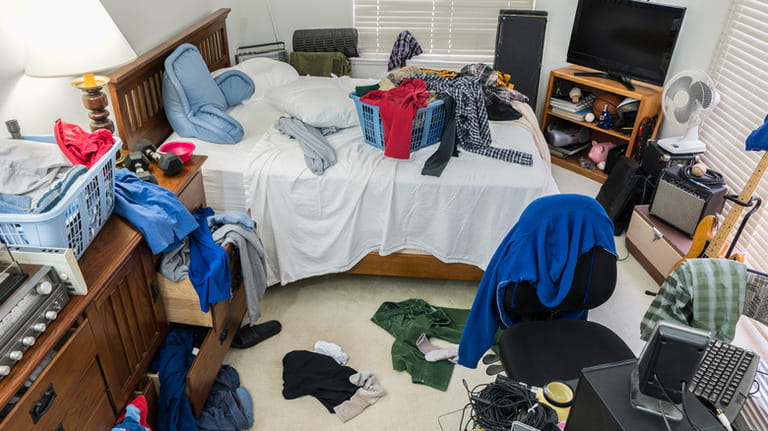
A cluttered bedroom can make you feel anxious because it sends a signal to your brain that there's still work to be done. Instead of focusing on what matters, your senses get distracted by the mess, leading to stress.
2. Poor Lighting: The Mood Killer

In low-light conditions, your body produces more melatonin, a hormone that regulates sleep and makes you feel sleepy. While this is great at night, too much melatonin during the day can leave you feeling low on energy and even a bit down.
3. Lack of Storage: The Chaos Creator
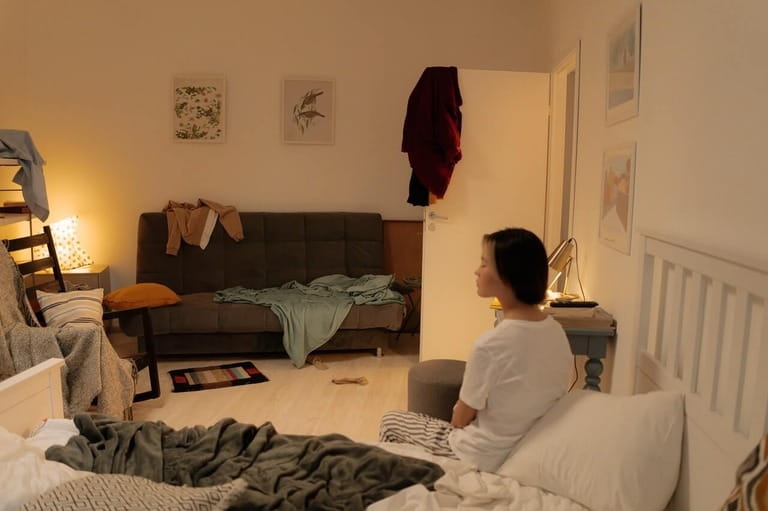
A well-designed bedroom should be both beautiful and functional. However, lack of storage can hinder functionality because it makes it difficult to find and access your items. Plus, when you're frantically searching for accessories, it can lead to chaos.
4. Uncomfortable Bedding: The Restless Nightmaker
Uncomfortable bedding—whether it's too firm, too soft, or lacks proper support—can lead to physical discomfort. You might experience aches and pains in your back, neck, and joints. Plus, it can cause you to toss and turn throughout the night, disrupting your sleep cycles.
5. Bold Colors Overload: The Visual Stressor

Even if you love bold colors, try not to go overboard with them in your bedroom. Using too much bold color can be visually overwhelming. It might make it difficult for your eyes to relax, leading to a sense of restlessness.
6. Bad Air Quality: The Hidden Health Hazard

While we often focus on visible home maintenance tasks like mowing the lawn and cleaning gutters, it's easy to overlook indoor air quality. Yet, poor air quality can pose health risks. Some of these include asthma, allergic rhinitis, viral and bacterial infections, as well as dryness and irritation.
7. Bad Layout: The Space Suffocator
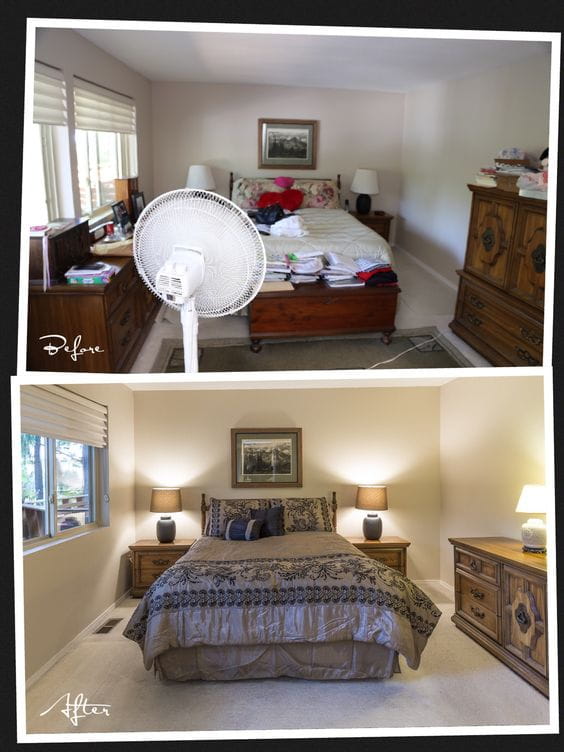
A poorly laid-out bedroom can feel suffocating and uncomfortable because it limits your space and movement. This makes it tough for you to not only move around freely but also access important spots like your bed, closet, and windows easily.
8. Noise Pollution: The Sleep Disruptor
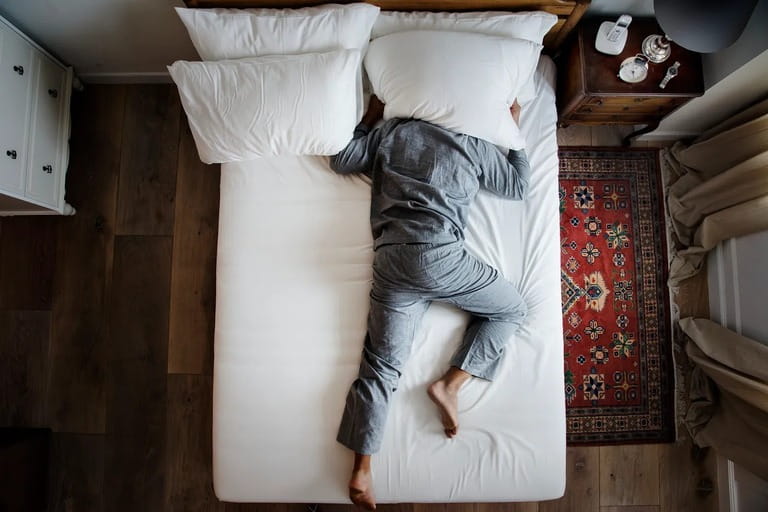
Your bedroom is where you spend most of your time sleeping. If it's not insulated properly and is near noise sources like traffic, street sounds, or neighbors, getting a deep sleep can be really difficult.
9. Too Many Electronics: The Relaxation Ruiner

Using electronic devices before bedtime can mess with your sleep schedule. Technology affects your brain, making it harder to sleep. In particular, if you sleep next to electronics, beeps and blinking lights might wake you up unexpectedly.
10. Impersonal Decor: The Emotional Void
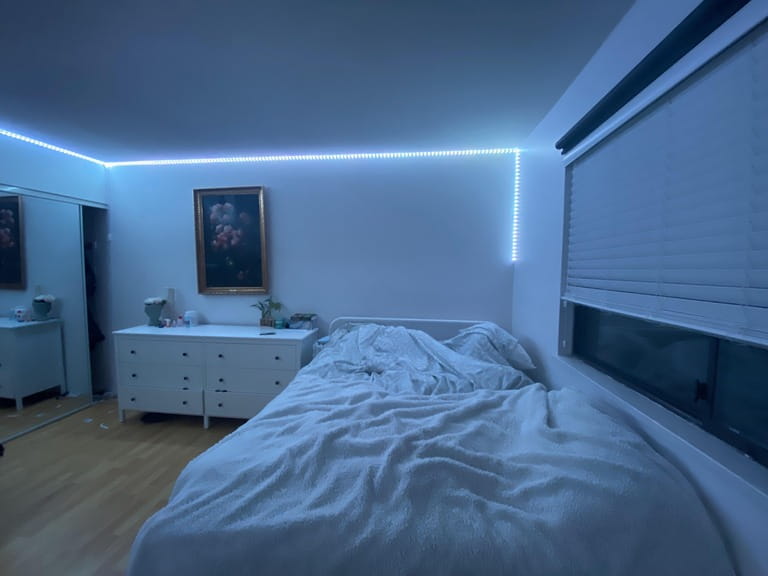
Adding personal decor to your bedroom makes it feel uniquely yours, not just another hotel room. It creates a cozy sense of belonging and comfort. On the flip side, if your decor lacks that personal touch, it can leave you feeling emotionally disconnected.
Transform Your Bedroom for Better Health and Happiness
1. Tame the Clutter to Relieve Your Anxiety
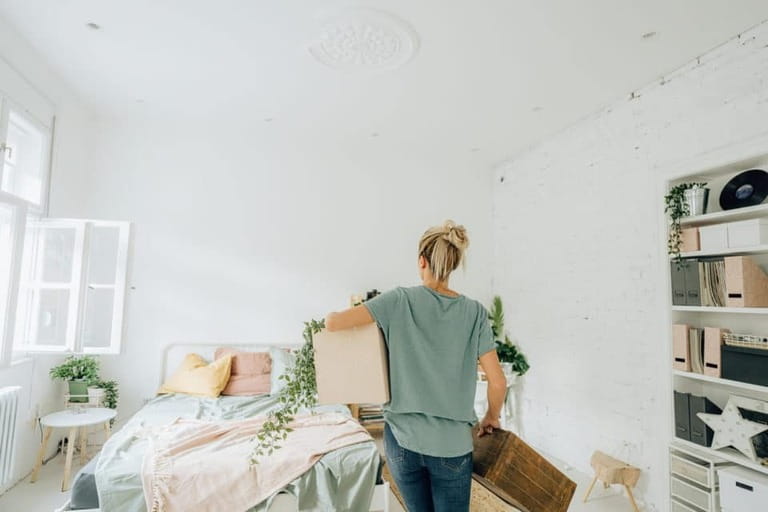
To keep your bedroom clutter-free, make sure everything has its place. For instance, use a laundry bag for your dirty clothes instead of tossing them on chairs or the bed. Also, don't forget to put your clothes away in the cupboard as soon as they're dry.
2. Upgrade Lighting to Enhance Your Mood
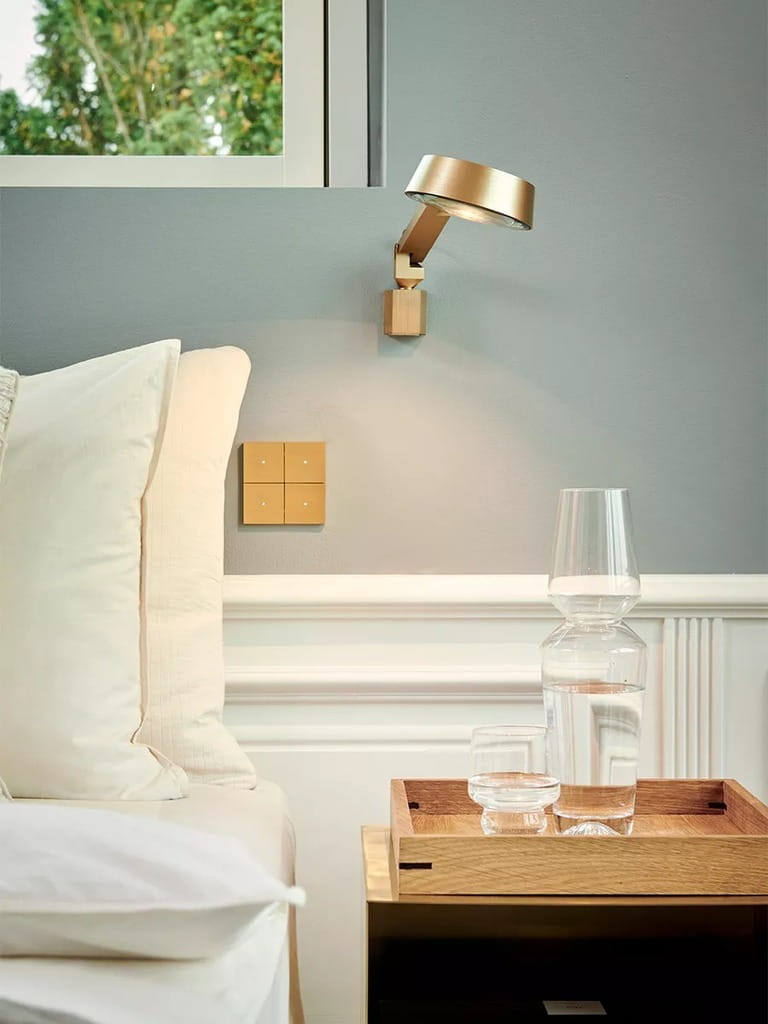
Upgrading your lighting doesn't mean making your bedroom as bright as daylight. Instead, you can choose a light color like warm white to help you relax and boost your mood. Personally, I love brass lights—they give off a cozy glow and look great too!
3. Maximize Storage to Restore Order
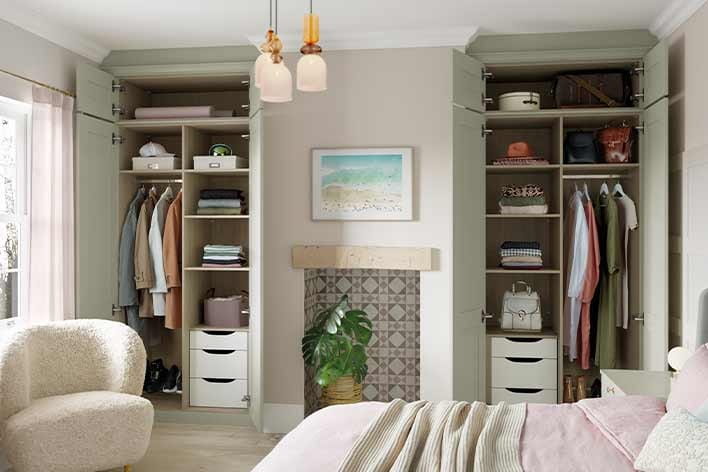
Even if you have a small bedroom, there are always some ways to maximize your space. For example, consider using vertical space by installing floating shelves for books and other decorative items on the walls. Additionally, utilizing corner shelves can help you take advantage of every inch. And don't forget about maximizing storage space underneath your bed!
4. Upgrade Your Bedding to Sleep Peacefully

Instead of simply picking bedding based on your favorite colors and patterns, take a moment to consider your specific needs. High-quality products can make a difference. For example, certain types of mattresses are great for people with back pain, while others are perfect for those who tend to sleep hot.
5. Harmonize Colors to Soothe Visually
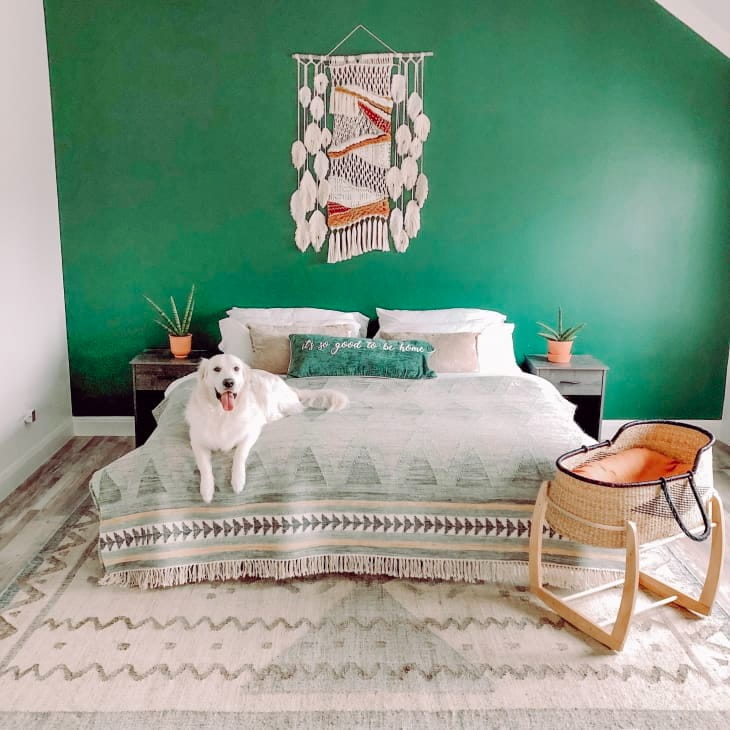
Instead of using all your favorite bold colors to paint your bedroom, choose just one as the dominant hue. This color will set the tone and theme for your space. Then, balance it with neutral tones like whites, grays, beiges, and soft pastels. These neutrals act as a calming backdrop, preventing the room from feeling overwhelming.
6. Improve Air Quality to Boost Health
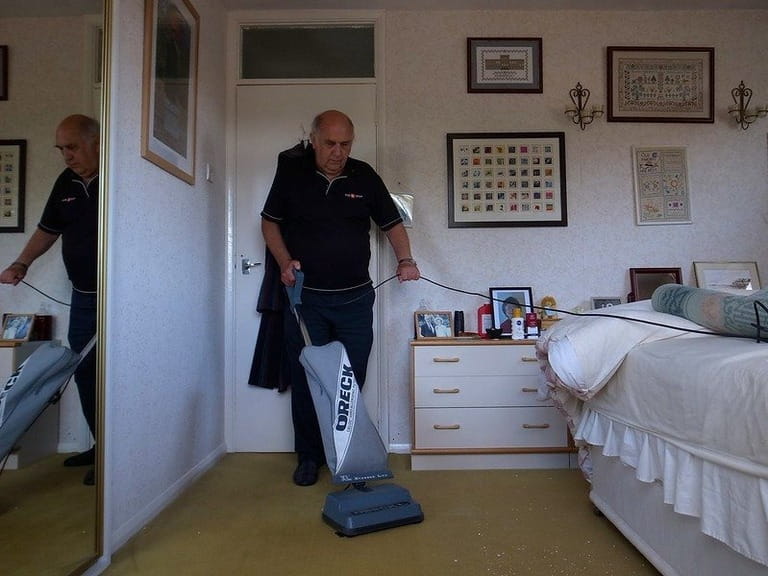
Improving air quality in your bedroom is essential for overall well-being. One of the most effective ways is using air filters that can remove allergens, dust, and pollutants.
However, if your bedroom tends to be humid, a dehumidifier can help maintain optimal humidity levels. This prevents mold growth and improves air quality.
Besides, don't forget to dust, vacuum, and mop your bedroom regularly. Pay attention to areas like carpets, curtains, and bedding. Open windows whenever possible to allow fresh air circulation. Proper ventilation helps reduce indoor pollutants. You can combine these methods for the best.
7. Optimize Layout to Maximize Space
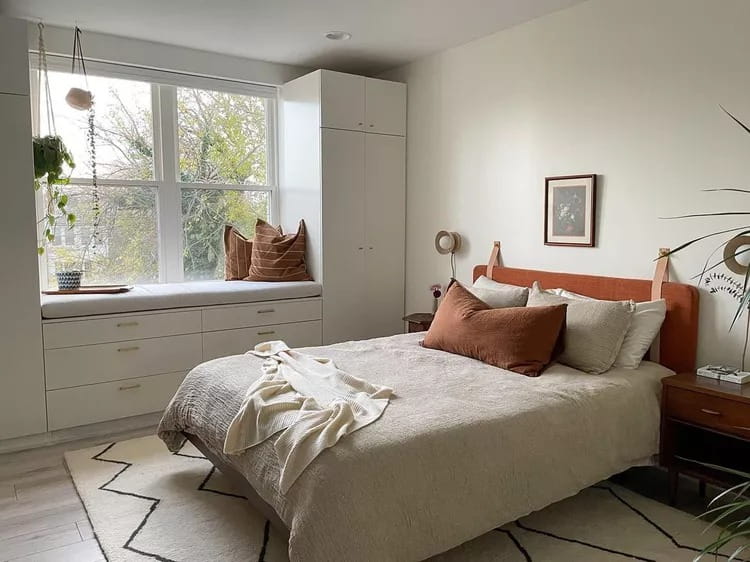
A good bedroom layout should have clear pathways for easy movement. If your bedroom is small, placing the bed against a wall can free up space to access other areas. You can also position your bed near windows to enjoy natural light during the day.
8. Reduce Noise to Protect Your Sleep
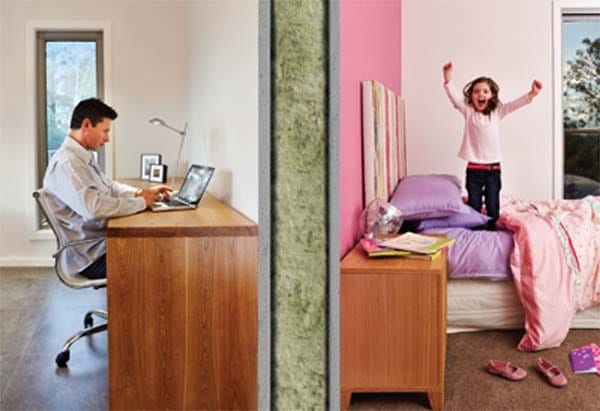
To make your bedroom quieter, consider hanging thick curtains, double-layered curtains, or blinds to reduce outside noise. Seal any gaps around windows and doors with weatherstripping to keep unwanted sounds out. Other ways include insulating walls, adding soft furnishings such as rugs, upholstered headboards, and cushions, and using white noise machines.
9. Limit Electronics to Enhance Relaxation

Curious about bedtime activities that don't involve screens? You're in luck! Try reading a physical book, having a chat with your partner, meditating, listening to soothing music, or doing some relaxing yoga or stretching.
10. Personalize Decor to Connect Emotionally

To make your bedroom feel emotionally connected, just sprinkle in your personal touch. Add photos, mementos, and meaningful decor; Play with your favorite colors and textures. Now, you've got a cozy, uniquely 'you' space.












